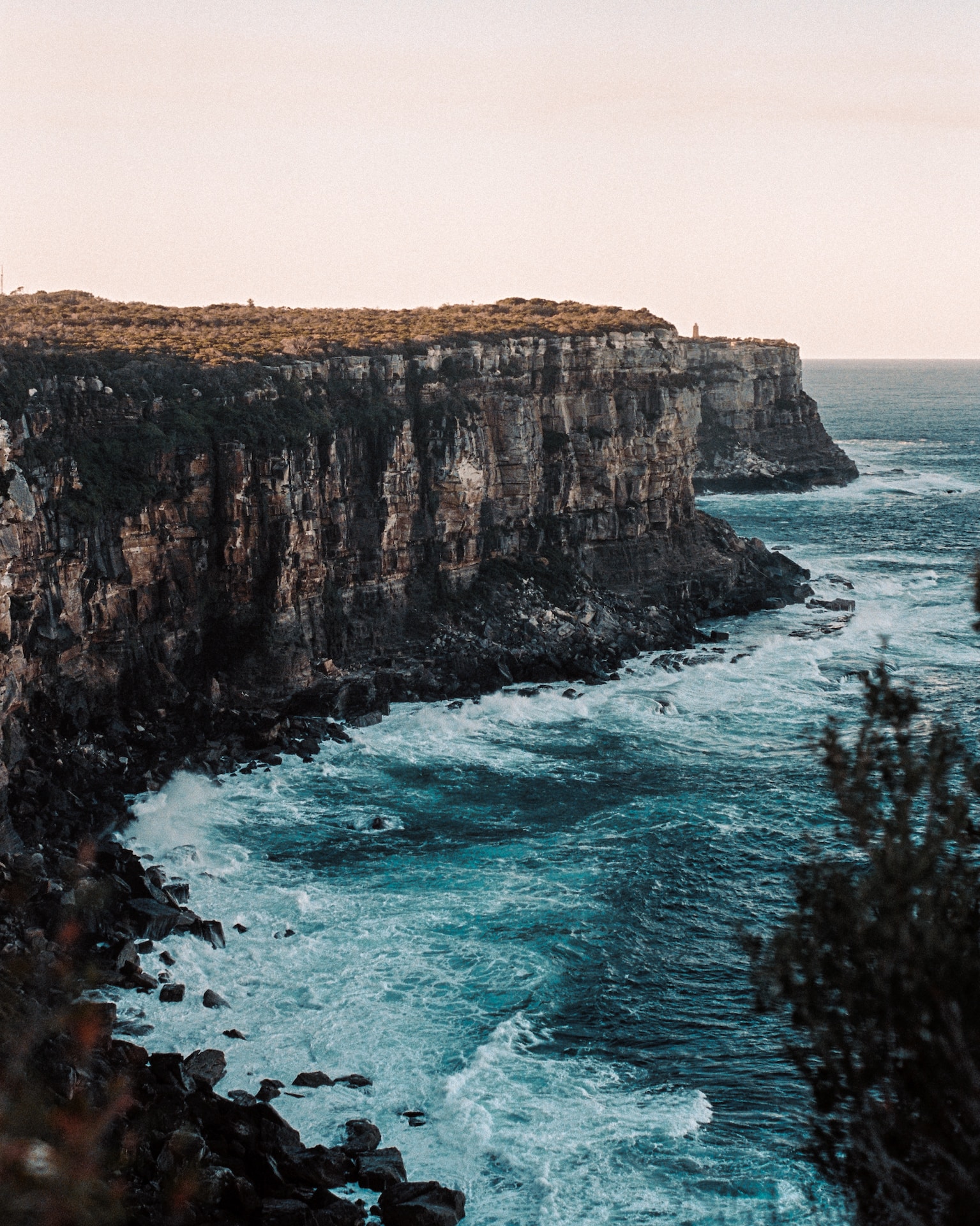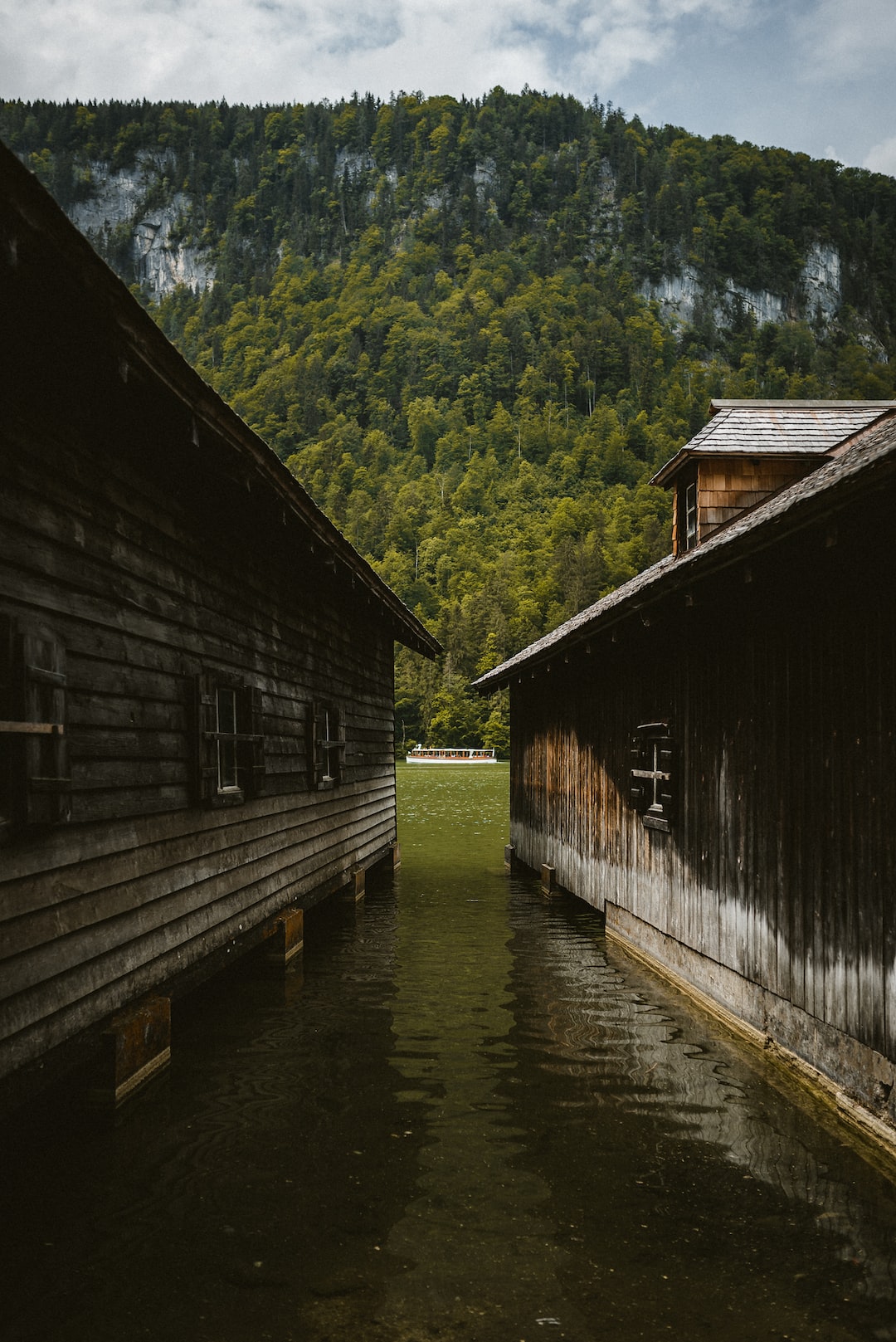Driving along the Great Ocean Road is undoubtedly a spectacular experience during the day, with breathtaking ocean views, stunning cliffs, and iconic rock formations. However, many travelers wonder whether it is safe to drive this scenic road at night. In this article, we explore the risks and precautions associated with driving the Great Ocean Road after dark.
Visibility challenges
One of the main concerns when driving the Great Ocean Road at night is the visibility. The road is winding, and its conditions can vary from narrow to steep, with sharp turns and limited lighting. These factors can make it difficult to see properly and anticipate any potential hazards on the road.
Wildlife hazards
Another significant risk when driving at night on the Great Ocean Road is encountering wildlife. The road passes through areas that are home to various native wildlife species, including kangaroos, koalas, and wombats. These animals are often more active during the night, increasing the chances of collisions with vehicles.
Reduced services
Driving the Great Ocean Road at night also means limited access to services. Many roadside facilities, such as petrol stations, restaurants, and accommodations, may be closed during late hours. This can potentially pose difficulties if you encounter any issues with your vehicle or require any assistance while on the road.
Safety measures and recommendations

While driving the Great Ocean Road at night can present challenges, taking certain safety measures can help mitigate potential risks:
- Plan your trip in advance and be aware of sunset and sunrise times to avoid driving during peak wildlife activity.
- Ensure your vehicle’s headlights are in proper working condition and clean, providing optimal visibility.
- Drive at a reduced speed, allowing yourself more time to react to any unexpected obstacles.
- Stay focused and avoid distractions while behind the wheel, keeping your attention solely on the road.
- Be cautious when approaching bends and curves, as they can be particularly challenging to navigate at night.
- If possible, travel with a companion who can help keep an eye out for wildlife or any other potential hazards.
In conclusion, while it is technically possible to drive the Great Ocean Road at night, it is generally not recommended due to visibility challenges, increased wildlife hazards, and reduced access to services. If you do decide to embark on this journey after dark, make sure to take extra precautions and stay vigilant throughout your drive to ensure a safe and enjoyable experience.
